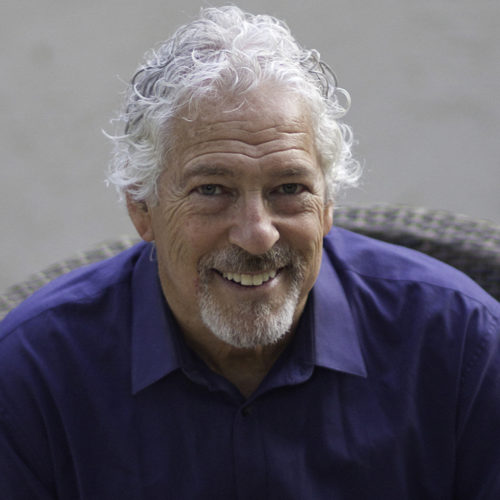
We all have emotions all day long. How many of us know how and what to do with them? Emotions influence our decisions, communications, and relationships. In this show Drs. Greenberg and Nadler follow up on the concept of Emotional Brilliance, why it is important, what is it, and hands-on strategies to be fluent and brilliant in our emotions and why we have a hard time knowing what to do with them. We go over the RULER process for emotional learning and we delve deeper into Emotional Brilliance with some of the research of our forthcoming book: Emotional Brilliance: Living a Fearless Life and how we bring this information and strategies to the corporate executives and government leaders we have been consulting and coaching for decades.
Dr. Relly Nadler: Both of us have seen emotional intelligence as our organizing principle to how we work with folks. A quick definition is understanding yourself and managing yourself–Understanding others and managing others. Or as another one of our colleagues at Six Seconds says, being smart about your emotions.
We are going to be talking about emotional self-awareness and then we will answer a couple of questions about our emotions.
In all of the literature about emotional self-awareness—what do you know about yourself—it is one of the critical pieces. Depending on which emotional intelligence model you use, we usually start with what do you know about yourself, how do you understand yourself, how do you manage yourself, and that is why we are interested in bringing this, in our book, to the public in really a user friendly way of how you deal with emotions.
In some of the research, and this comes from Hay Group now Korn Ferry, they have a study of over 4,000 participants, 283 global clients, and what they found is that the participants with high emotional intelligence displayed more of the emotional intelligence competencies and found them more in the top 10% of performers.
The self-awareness really lies at the heart of emotional intelligence. If you want to start raising your emotional intelligence it starts with emotional self-awareness.
Cathy, what does that look like? Well, someone who is high in emotional self-awareness, this is from one of the assessments that both Cathy and I use—the Emotional Quotient Inventory by Multi-Health Systems—they relate to their own feelings and appropriate causes. Someone also who is high in emotional self-awareness understands the changing emotions, the blend of emotions. They are also self-aware. You could ask them what is going on for them and they are pretty good about being in touch with their feelings and then differentiating emotions. Almost like fine-tuning a language: having the language of emotion. They can read people well and also, they are so much more transparent and people can read them well.
Those are some of the characteristics of somebody with high emotional self-awareness.
Cathy, I was wondering if we talked about what emotions that you experience the most?
Dr. Cathy Greenberg: You know it’s interesting as I think about myself because we are doing a little revealing here and being a little vulnerable to give our audience an opportunity to do the same.
For me, it’s definitely am I reality checking? Am I emotionally self-aware based on facts? Or am I possibly seeing something with a filter.
For example, have you ever heard anybody use the word fear for “false evidence appearing real?”
Dr. Relly Nadler: Yes.
Dr. Cathy Greenberg: For me, regarding how my emotional self-awareness gets affected, is through my reality checking which of course is another component of emotional intelligence. Sometimes I have to do a cross-check and say, hmmm, what is it that is making me anxious, or fearful, or resistance, or inflexible, or whatever it is. I do a quick reality check on that using that “false evidence appearing real.” Because sometimes as human beings we tend to “horriblize.” The brain is hard-wired for hard times and we may be in a great state of mind and happy, and ready for the day, and then we are sitting in traffic and we get edgy and we might even have a delay because of a diversion or detour, or something happens that we didn’t plan in our day. That emotional self-awareness can get a little pinch if you will, and it needs to be brought back to reality.
Just doing a quick inventory. What “false evidence is appearing real” to me right now that might help me get over whatever it is I am feeling so that I can be relatable. So that I can understand why my emotions are being, if you will, impinged upon, and be in touch with those feelings and then respond to the different emotions that you just described so that I can stay readable and relatable.
Listen to the entire interview above.
Relly

